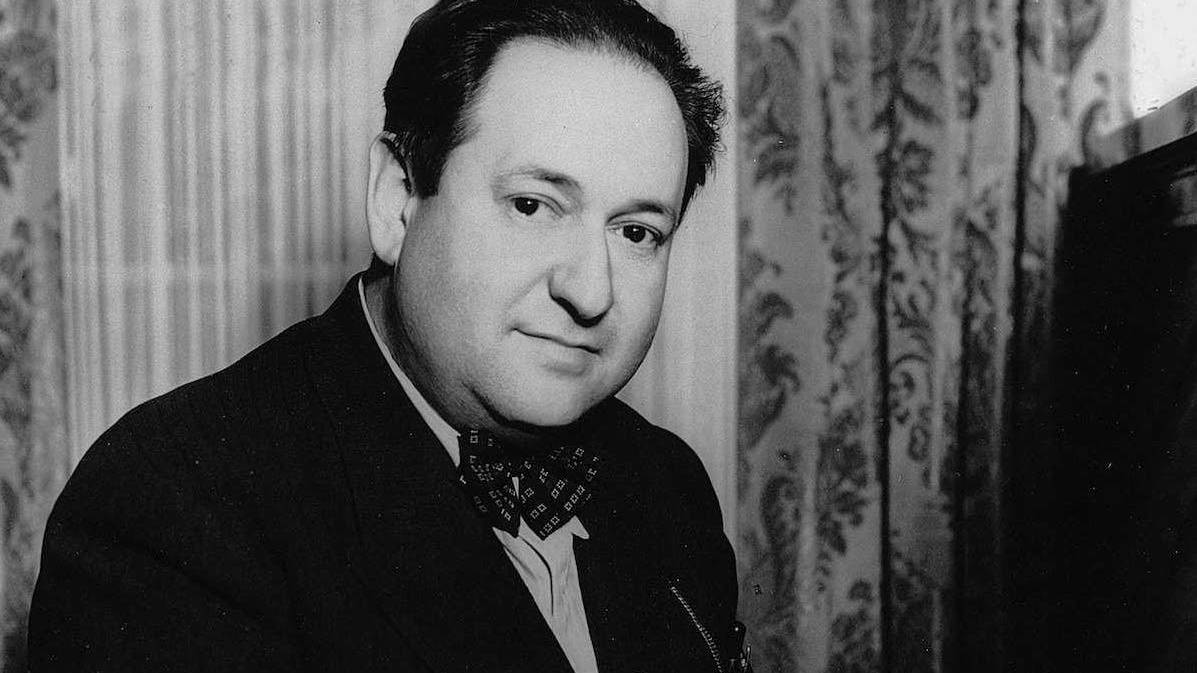Korngold’s Five Songs, Op. 38: From Film Music to Lied
Erich Wolfgang Korngold was one of the twentieth century’s great composers of melody. We hear this in the dramatic music of Korngold’s 1920 opera, Die tote Stadt (“The Dead City), as well as in the soaring Hollywood film scores which followed. Additionally, Korngold was a clever musical recycler. Rich melodies, which were scattered throughout the film scores, formed the basis of Korngold’s 5 Lieder, Op. 38, completed in 1947. The first song, Glückwunsch …







